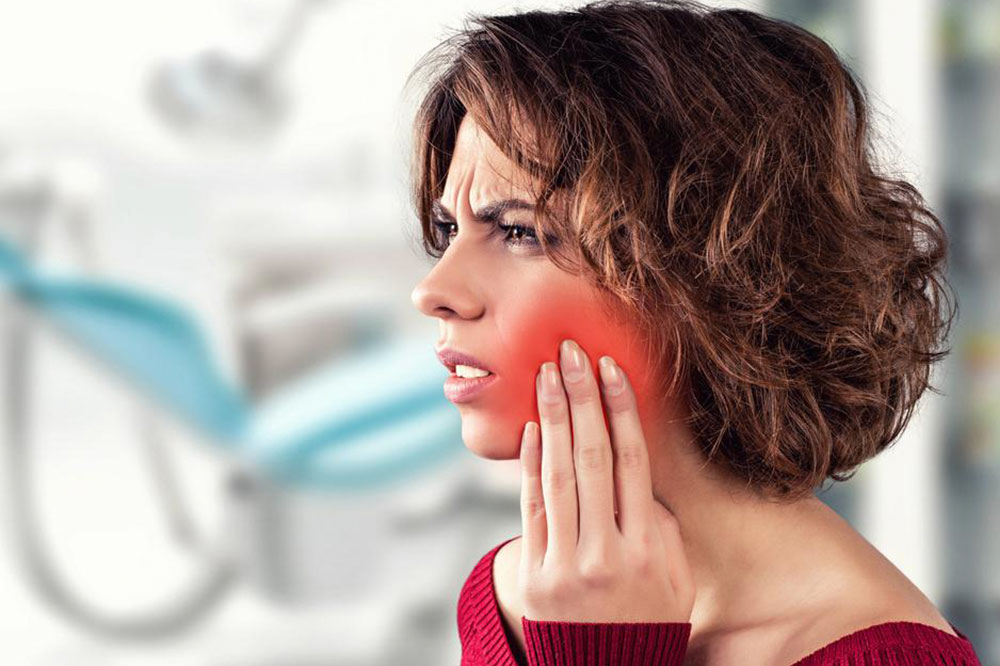
Side Effects and Treatment Methods for Oral Cancer
Oral cancer can affect any parts in the mouth, causing tumors. An oncologist may prescribe different formulas to treat those tumors. All the methods are effective in their ways and help treat the affected person. However, some treatment methods for oral cancer have side-effects. They cause discomfort and make the affected person prone to ailments.
Surgery
Surgery is a type of treatment method for oral cancer. In this method, doctors cut the cancerous part to prevent it from spreading. It is generally the first step of the treatment process and is used from lower to an advanced stage. This treatment method can cause problems like the inability to drink, swallow, or chew. It also greatly alters the appearance of the person. In that case, reconstructive surgery may be recommended. Sometimes, the area can get infected and start to itch or bleed.
Chemotherapy
Chemotherapy uses medicines that enter the system and attack all the cancerous cells, preventing them from expanding. The treatment methods for oral cancer show many side-effects, depending on what medicine is used. Side effects such as nausea, loss of hair, and vomiting are common after chemotherapy. During this treatment, the person feels extremely tired and is prone to catching infections. These occur because chemotherapy weakens the immune system.
Radiation therapy
The mouth is exposed to beams from a machine called a linear accelerator, which curbs the unrestricted expansion of corrupted cells. Sometimes, this process is done through a wire. Radiation, even in a uniform quantity, has many side-effects when exposed to human beings. Itching, drying, and peeling of the skin is a possibility. Other side-effects are nausea, sore throat, dry mouth, swelling, vomiting, and difficulty in swallowing.
Immunotherapy
Amongst the treatment methods for oral cancer, immunotherapy attempts to improve the immune system in the host’s body so that it can heal itself. People try out various other therapies before opting for this type. The side-effects include a loss of appetite, nausea, and fatigue. Since it is a hormone-based therapy, it messes with the hormones of the body. These can cause problems like hypothyroidism or mood swings. Weight gain is another change that can be seen.
Targeted therapy
In this treatment method for oral cancer, doctors prescribe certain drugs that specialize in changing certain properties of the damaged cells to prevent them from growing. This type of treatment procedure is used on people suffering from oral cancer in every stage. Like every other method, some side-effects can be seen in this procedure. The patient can get headaches, diarrhea, itching in the infected place, and rashes.
Different treatment methods are intensive in their ways and have repercussions. They make daily-life uncomfortable and painful in some cases. However, all the side-effects occur only when undergoing the treatment and are not life-long.



